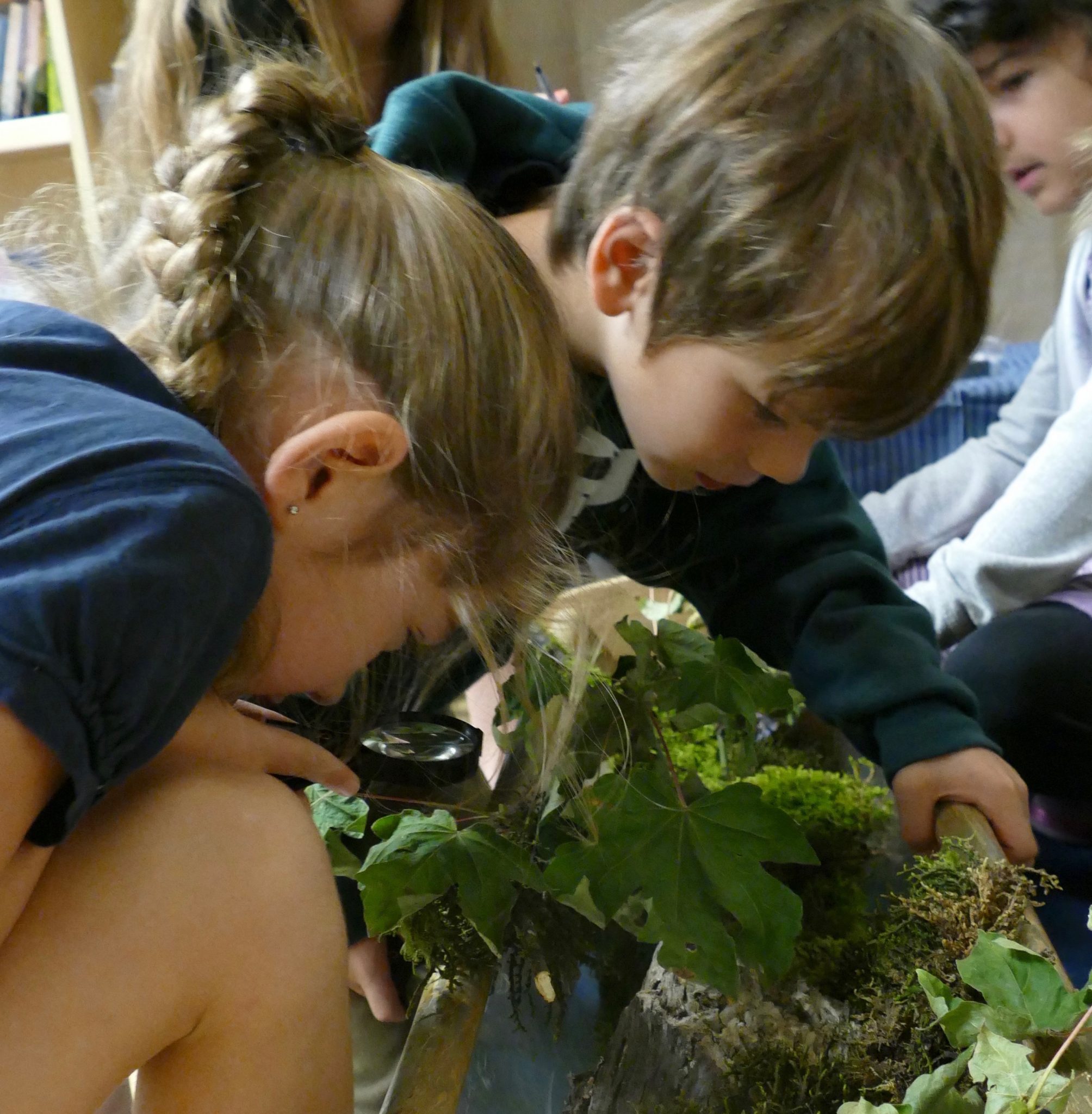A liberal education

Upon visiting the pre-primary programs in Reggio Emilia, Jerome Bruner famously reflected that the quality of conversation was as rich as any he had encountered in graduate school seminars. Over the years, it’s a response to observations I’ve frequently encountered from visitors to Opal School.
Because my daughter (an Opal School alumna) is off for her first year of college, I’ve been reading about that time of life. I came across this passage in a new book by Lee Cuba, Nancy Jennings, Suzanne Lovett, and Joseph Swingle called Practice for Life:
College offers practice at making, and then reflecting on, decisions that build foundational skills, habits, and values associated with liberal education. What are these skills, habits and values? William Bowen defines these as an ‘openness to new ideas and new friendships, respect for both evidence and the beauty of language, appreciation of ‘difference’, and an ever-deeper awareness of the pure joy of learning.’ Derek Bok argues that ‘colleges pursue a variety of purposes’ only one of which is intellectual growth. For example, students ‘need to lean to live and work effectively with other people and enter into fulfilling relationships’ and develop ‘the capabilities, knowledge, and breadth of interests to enable them to enjoy full and varied lives.’ William Cronon emphasizes the importance of seeing ‘connections that allow one to make sense of the world and act within it in creative ways,’ abilities that are fostered by developing skills such as self-criticism, listening, problem solving, and community building. ‘[I]n our distracted and over-busy age,’ he writes, ‘educated people know how to pay attention – to others and to the work around them.’ Regardless of the language used to describe the goals of liberal education, however, all would agree that it is a process, not a state of being, that centers on becoming rather than achieving. (p. 4)
We claim that becoming liberally educated is a messy, complicated, ambiguous process and seek to convince our readers… that this messy, complicated, ambiguous process is, in fact, the point of liberal education. (p. 11)
I wonder:
How do these descriptions compare with your vision of the purposes of education for our youngest learners?
How do we navigate the paradox of representing this essential messiness in a political context that demands a tidy narrative architecture?
